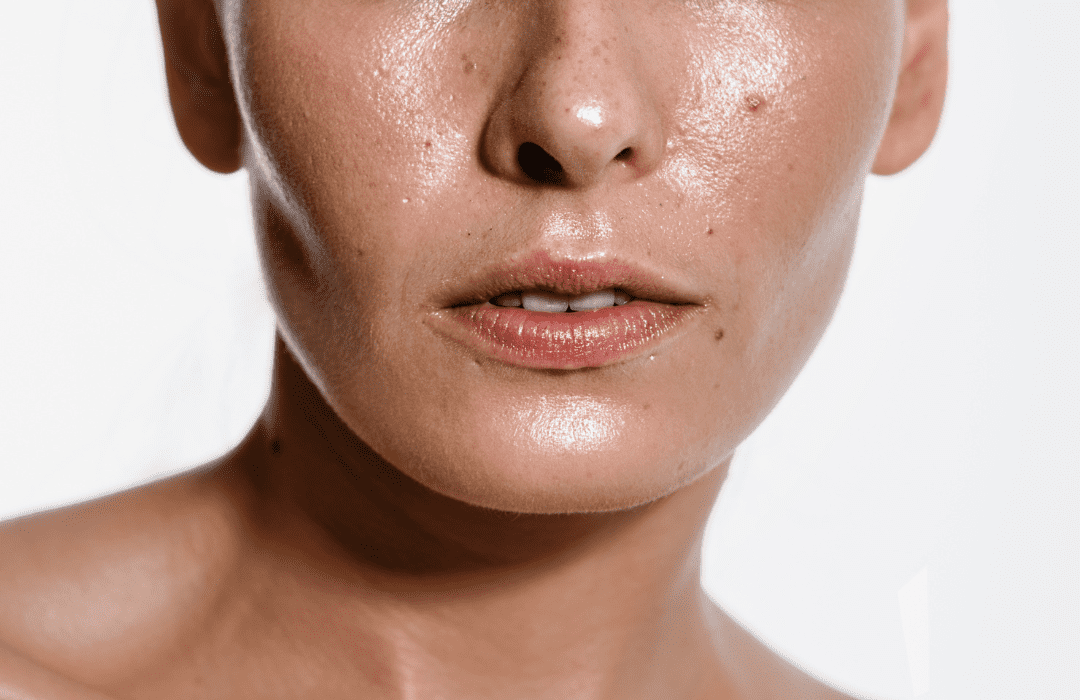Oily skin is a common skin type characterized by an overproduction of sebum, the natural oil produced by the skin’s sebaceous glands. Several factors can contribute to oily skin, and there are various natural remedies that may help manage it.
However, it’s important to note that everyone’s skin is different, and what works for one person may not work for another. If you have concerns about your skin, it’s always a good idea to consult with a Dermatologist in Karachi.
Causes of Oily Skin:
- Genetics: Oily skin can have a genetic component, so if your parents had oily skin, you might be more prone to it as well.
- Hormonal Changes: Hormonal fluctuations, especially during puberty, menstruation, pregnancy, and menopause, can stimulate increased sebum production.
- Climate: Hot and humid climates can trigger the skin to produce more oil.
- Overwashing: Paradoxically, over-cleansing or using harsh cleansers can strip the skin of its natural oils, leading to increased oil production as the skin tries to compensate.
- Diet: Some studies suggest that a diet high in certain types of fats might contribute to increased oiliness.
Natural Remedies for Oily Skin:
Proper Cleansing:
- Use a gentle, pH-balanced cleanser to clean your face twice daily.
- Avoid harsh soaps that can strip away too much oil, leading to rebound oil production.
Oil-Free Moisturizers:
- Choose water-based or oil-free moisturizers to keep your skin hydrated without adding extra oil.
Clay Masks:
- Bentonite or kaolin clay masks can help absorb excess oil and impurities.
Hyaluronic Acid:
- Use products containing hyaluronic acid to hydrate the skin without adding oil.
Natural Astringents:
- Witch hazel or rose water can act as natural astringents, helping to tone and control oil.
Salicylic Acid:
- Incorporate products with salicylic acid to help exfoliate and unclog pores.
Tea Tree Oil:
- Tea tree oil has antimicrobial properties and can be diluted and applied topically to manage oiliness.
Balanced Diet:
- Include a balanced diet rich in fruits, vegetables, and omega-3 fatty acids.
- Stay hydrated by drinking plenty of water.
Sunscreen:
- Use a non-comedogenic sunscreen to protect your skin from the sun, as sun damage can lead to increased oil production.
Stress Management:
- Practice stress-reducing activities like meditation, yoga, or deep breathing, as stress can trigger oil production.
Remember, it may take time to find the right combination of remedies for your skin. If your oily skin is persistent or severe, consulting with a Dermatologist in Lahore can provide personalized advice and treatment options.













